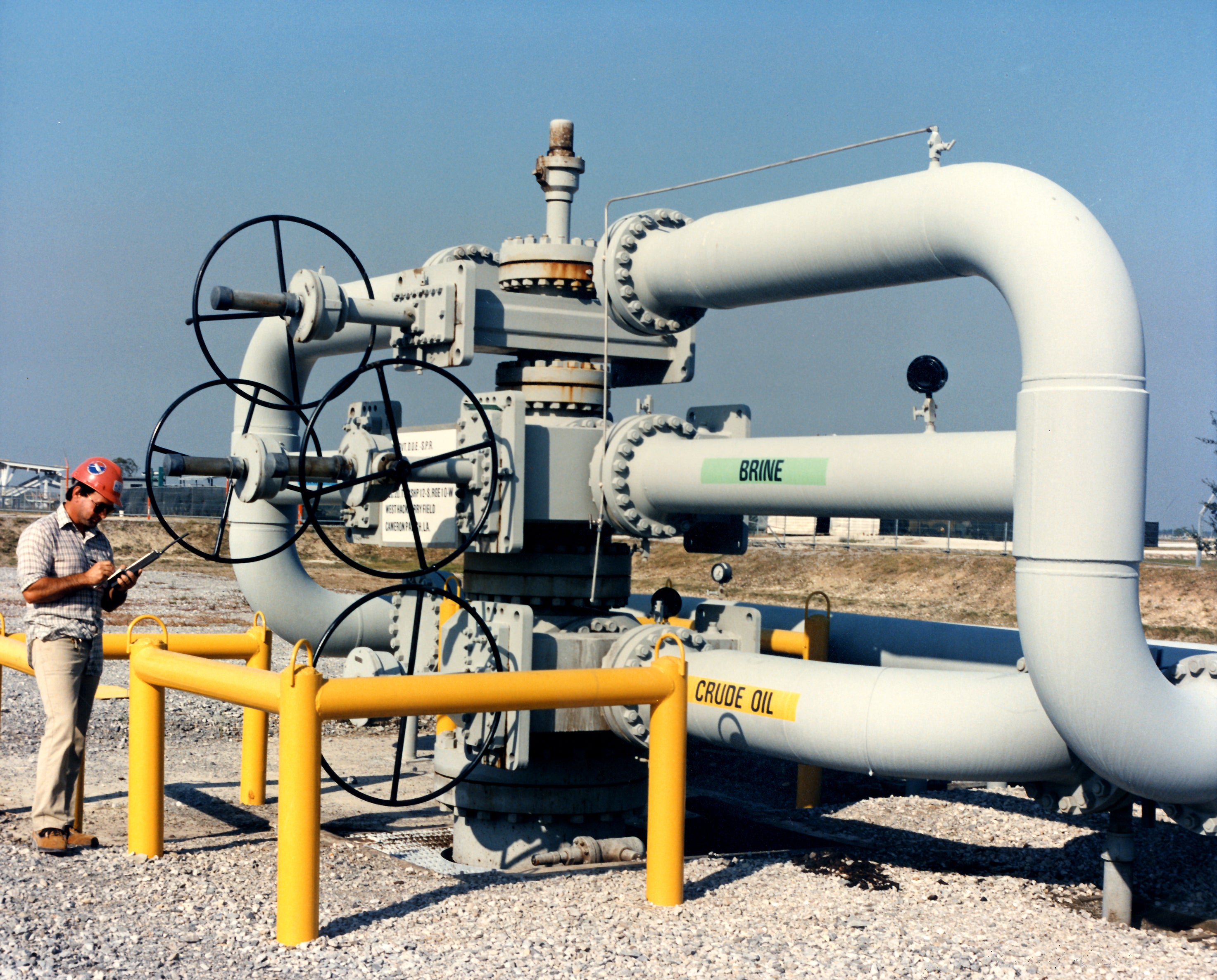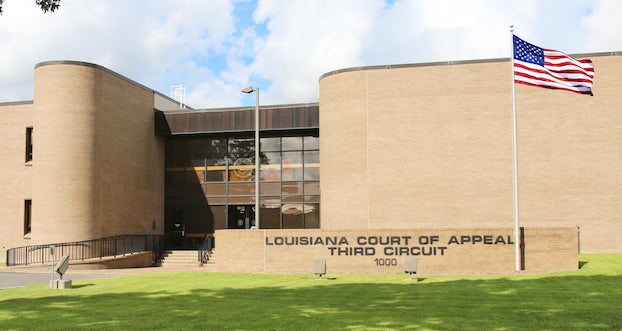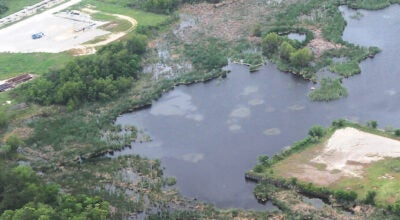Fighting gas prices, US to release 50M barrels of oil
Published 10:46 pm Tuesday, November 23, 2021

- A technician inspects wellhead assembly at the Strategic Petroleum Reserve's West Hackberry site. (Energy.gov / commons/wikimedia.org)
WASHINGTON — President Joe Biden on Tuesday ordered a record 50 million barrels of oil released from America’s strategic reserve, aiming to bring down gasoline and other costs, in coordination with other major energy consuming nations including India, the United Kingdom and China.
The U.S. action is focused on helping Americans coping with higher fuel and other prices ahead of Thanksgiving and winter holiday travel. Gasoline prices are at about $3.40 a gallon, more than 50 percent higher than a year ago, according to the American Automobile Association.
“While our combined actions will not solve the problems of high gas prices overnight, it will make a difference,” Biden promised in remarks at the White House. “It will take time, but before long you should see the price of gas drop where you fill up your tank.”
The government will begin to move barrels into the market in mid- to late-December. Gasoline usually responds at a lag to changes in oil prices, and administration officials suggested this is one of several steps toward ultimately bringing down costs.
Oil prices had dropped in the days ahead of the announced withdrawals, a sign that investors were anticipating the moves that could bring a combined 70 million to 80 million barrels of oil onto global markets. But in trading after the announcement, prices shot up roughly 2 percent instead of falling.
The market was expecting the news, and traders may have been underwhelmed when they saw the details, said Claudio Galimberti, senior vice president for oil markets at Rystad Energy.
“The problem is that everybody knows that this measure is temporary,” Galimberti said. “So once it is stopped, then if demand continues to be above supply like it is right now, then you’re back to square one.”
Shortly after the U.S. announcement, India said it would release 5 million barrels from its strategic reserves. The British government confirmed it will release up to 1.5 million barrels from its stockpile. Japan and South Korea are also participating, and U.S. officials said it’s the biggest coordinated release from global strategic reserves.
British Prime Minister Boris Johnson’s spokesman, Max Blain, said it was “a sensible and measured step to support global markets” during the pandemic recovery. Blain added that the country’s companies will be authorized but not compelled to participate in the release.
Despite all the optimistic statements, the actions by the U.S. and others risk counter moves by Gulf nations, especially Saudi Arabia, and by Russia. Saudi Arabia and other Gulf countries have made clear they intend to control supply to keep prices high for the time being.
As word spread in recent days of a coming joint release from U.S. and other countries’ reserves, there were warnings from OPEC interests that those countries may respond in turn, reneging on promises to increase supplies in coming months.
Wyoming Sen. John Barrasso was among Republicans who criticized Biden’s announcement. The No. 3 Senate Republican said the underlying issue is restrictions on domestic production by the administration.
“Begging OPEC and Russia to increase production and now using the Strategic Petroleum Reserve are desperate attempts to address a Biden-caused disaster,” Barrasso said. “They’re not substitutes for American energy production.”
Biden has scrambled to reshape much of his economic agenda around the issue of inflation, saying that his recently passed $1 trillion infrastructure package will reduce price pressures by making it more efficient and cheaper to transport goods.
Republican lawmakers have hammered the administration for inflation hitting a 31-year high in October. The consumer price index has soared 6.2 percent from a year ago — the biggest 12-month jump since 1990.
The Strategic Petroleum Reserve is an emergency stockpile to preserve access to oil in case of natural disasters, national security issues and other events. Maintained by the Energy Department, the reserves are stored in caverns created in salt domes along the Texas and Louisiana Gulf Coasts.





